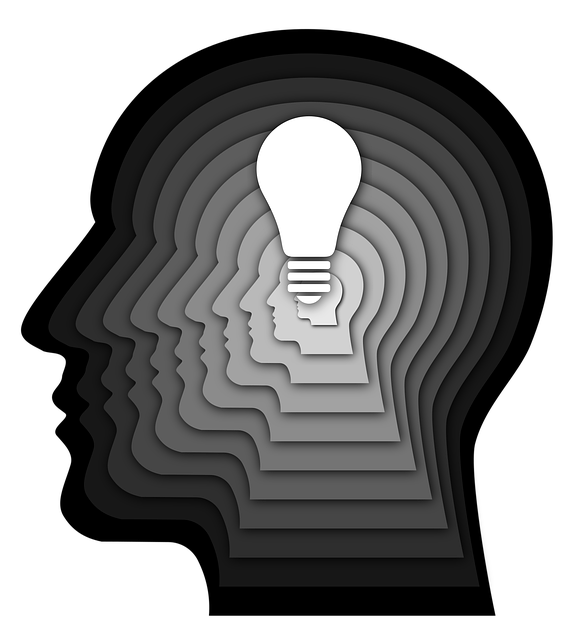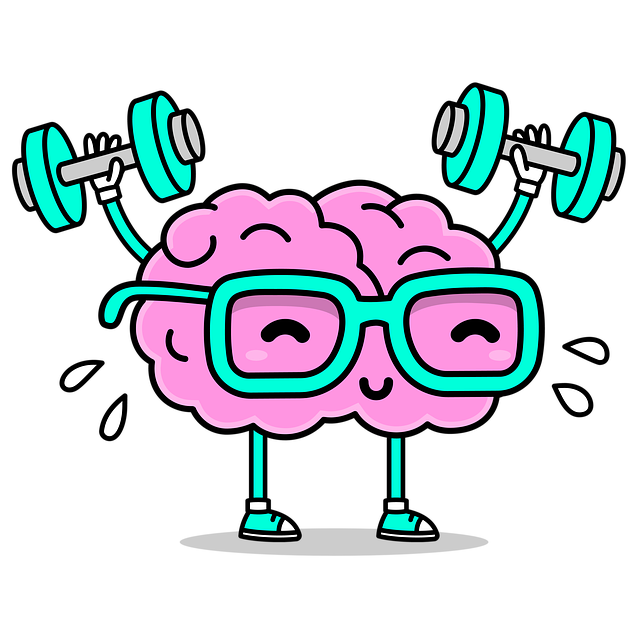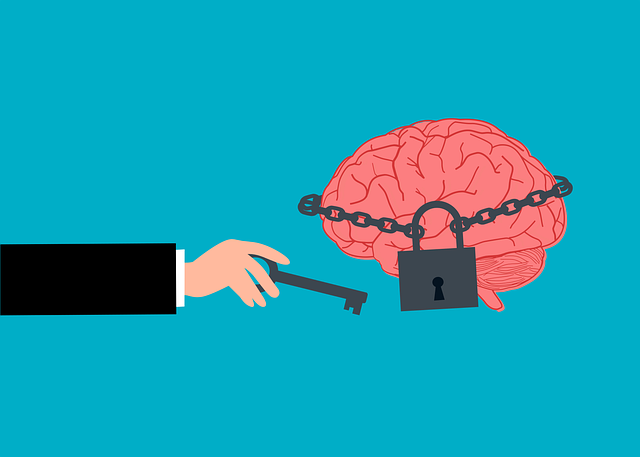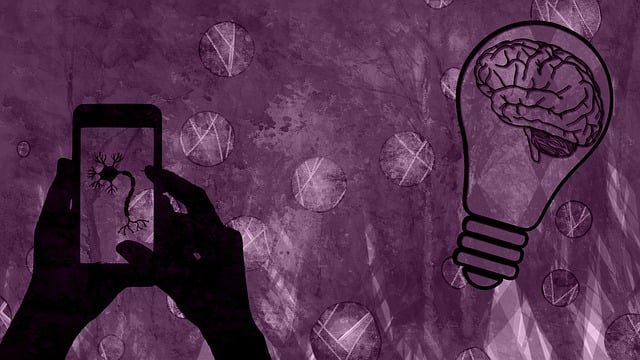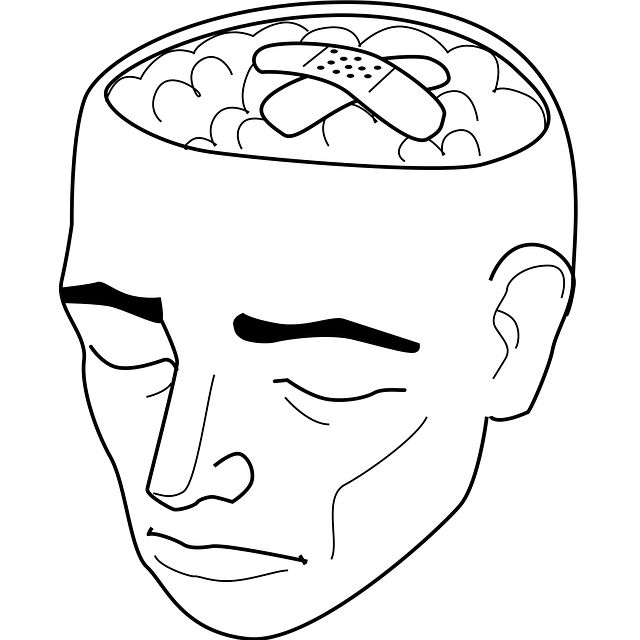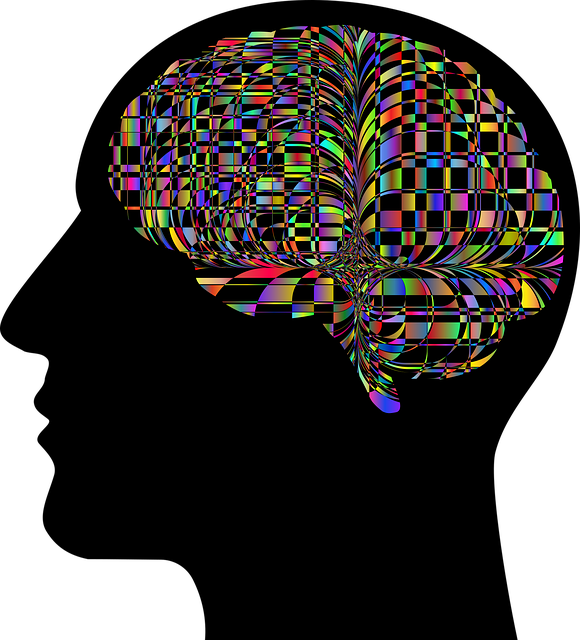Northglenn Biofeedback Therapy provides evidence-based mental health care, focusing on diagnosis through psychological assessments and tailored treatment plans. This cutting-edge approach teaches individuals to manage stress and regulate physiological responses, treating conditions like depression and chronic pain. A comprehensive guide should explore various therapeutic modalities, including risk management for professionals and stress management techniques. Building a supportive network with access to resources like podcasts and trauma support services enhances recovery. Self-care practices, such as exercise, meditation, and healthy habits, combined with Northglenn Biofeedback Therapy, create a robust personal toolkit for managing mental wellness.
Mental illness diagnosis and treatment can be a complex, daunting journey. Understanding the process and navigating available resources is crucial for effective recovery. This article guides you through every step, from Understanding Mental Illness Diagnoses to self-care strategies. We explore the benefits of Northglenn Biofeedback Therapy as an innovative treatment option, offering a comprehensive guide to help you build a supportive network and foster continuous mental wellness.
- Understanding Mental Illness Diagnoses: Uncovering the Process
- The Role of Northglenn Biofeedback Therapy in Treatment
- Navigating Treatment Options: A Comprehensive Guide
- Building a Supportive Network for Effective Recovery
- Self-Care Strategies for Continuous Mental Wellness
Understanding Mental Illness Diagnoses: Uncovering the Process

Mental illness diagnoses are a complex process that involves careful evaluation by qualified healthcare professionals. At Northglenn Biofeedback Therapy, we understand that navigating this journey can be challenging. It often begins with an initial assessment where a clinician collects detailed information about an individual’s symptoms, medical history, and overall functioning. This step is crucial for determining the scope of the issue and identifying potential underlying causes.
Through various evidence-based methods, including psychological assessments, interviews, and observations, professionals aim to uncover specific disorders or conditions. The process respects each individual’s unique experience while applying established criteria from diagnostic manuals like the DSM-5 (Diagnostic and Statistical Manual of Mental Disorders). Once a diagnosis is reached, it provides a framework for tailored treatment plans focused on emotional well-being promotion techniques, mind over matter principles, and mood management.
The Role of Northglenn Biofeedback Therapy in Treatment

Northglenn Biofeedback Therapy offers a novel and effective approach to mental health treatment, focusing on empowering individuals to take control of their well-being. This therapy utilizes advanced techniques to help patients understand their physiological responses to stress, anxiety, or other mental health challenges. By teaching individuals how to regulate their body’s reactions, biofeedback becomes a powerful tool for self-management and recovery. It is particularly beneficial in addressing conditions such as depression, insomnia, and chronic pain, often associated with burnout among healthcare providers.
Integrating Northglenn Biofeedback Therapy into treatment plans can enhance traditional mental health care, especially when combined with public awareness campaigns development to destigmatize mental illness. This holistic approach encourages proactive mood management strategies, enabling individuals to cope with life’s demands and maintain a sense of balance. The process involves guiding patients through relaxation techniques and providing real-time feedback on their body’s responses, fostering a deeper understanding of mind-body connections crucial for overall well-being.
Navigating Treatment Options: A Comprehensive Guide

Navigating treatment options can be a daunting task for individuals facing mental illness. With various approaches available, understanding each method and its benefits is essential. Northglenn Biofeedback Therapy, for instance, offers a unique way to manage stress by teaching clients how to control their physiological responses. This evidence-based practice empowers individuals to gain better control over their mental health through real-time feedback of bodily functions.
A comprehensive guide should include exploring different therapeutic modalities, discussing their effectiveness, and providing insights into what works best for specific conditions. Additionally, integrating Risk Management Planning for Mental Health Professionals can ensure a safe and ethical treatment environment. Stress Management techniques, often incorporated in these therapies, contribute to overall mental wellness. For those interested in alternative resources, the Mental Wellness Podcast Series Production offers accessible ways to learn and connect with professionals in the field.
Building a Supportive Network for Effective Recovery

Building a supportive network is an integral part of effective mental health recovery. It’s crucial to connect with understanding individuals who can provide various forms of assistance tailored to one’s unique needs. This could include friends, family, support groups, or professionals like therapists and counselors who offer Northglenn Biofeedback Therapy, among other evidence-based practices. Such a network acts as a safety net, offering emotional support, practical help, and encouragement throughout the journey towards healing.
Moreover, trauma support services play a vital role in fostering recovery, especially for individuals grappling with anxiety or post-traumatic stress disorder (PTSD). Mental health education programs designed to raise awareness and dispel stigma can also empower those affected to seek help without fear of judgment. By combining these resources, like Northglenn Biofeedback Therapy, with a robust support network, individuals can navigate their mental illness diagnosis with increased resilience and hope for a brighter future.
Self-Care Strategies for Continuous Mental Wellness

In navigating mental illness, self-care is a cornerstone for achieving and maintaining mental wellness. Beyond traditional therapy sessions, integrating specific self-care strategies can significantly enhance one’s overall well-being. Activities such as regular physical exercise, mindful meditation, and engaging in hobbies not only reduce stress but also boost mood and self-esteem improvement. Northglenn Biofeedback Therapy offers a unique approach to this, teaching individuals how to regulate their physiological responses, thereby fostering better mental wellness.
Additionally, cultivating healthy habits like adequate sleep, balanced nutrition, and limiting exposure to stressors are vital. Building resilience through confidence-boosting activities, such as setting achievable goals or engaging in social interactions, can empower individuals to actively manage their mental health. By adopting these self-care practices consistently, one can create a personal crucible where they forge indelible strength and resilience against mental illness challenges.
Mental illness diagnosis and treatment can be a complex journey, but with the right resources and support, recovery is achievable. By understanding the diagnostic process and exploring treatment options like Northglenn Biofeedback Therapy, individuals can take proactive steps towards their mental wellness. A comprehensive guide to navigation assists in building a supportive network, emphasizing self-care strategies for continuous improvement. Remember that effective recovery is within reach when armed with knowledge and access to innovative therapies like Northglenn Biofeedback Therapy.

